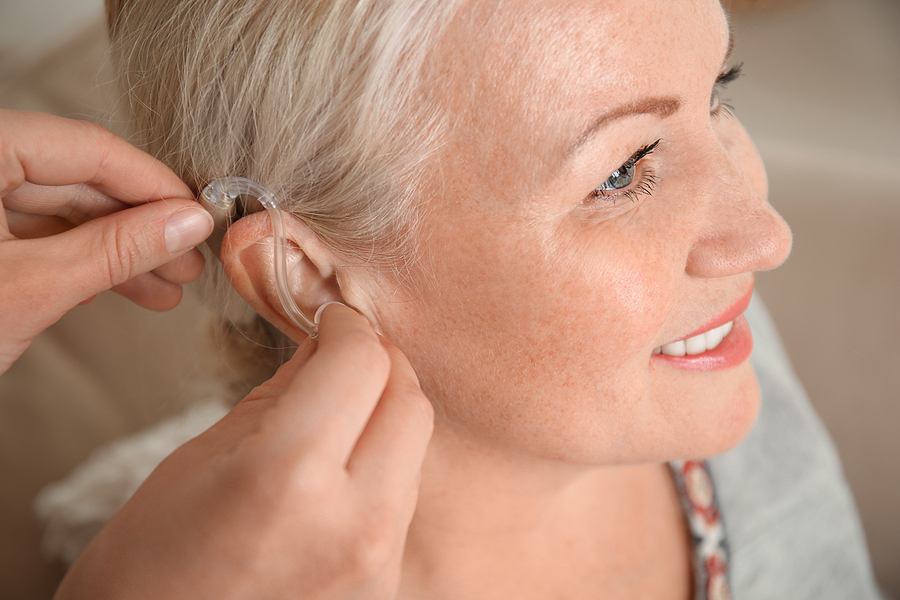Quick Hearing Aid Repairs Before Holiday Gatherings
There are usually a lot of public gatherings during the holidays, with


There are usually a lot of public gatherings during the holidays, with

Getting a new hearing aid fitted changes everything. The world will feel

Many people find themselves reaching for a cotton swab after taking a